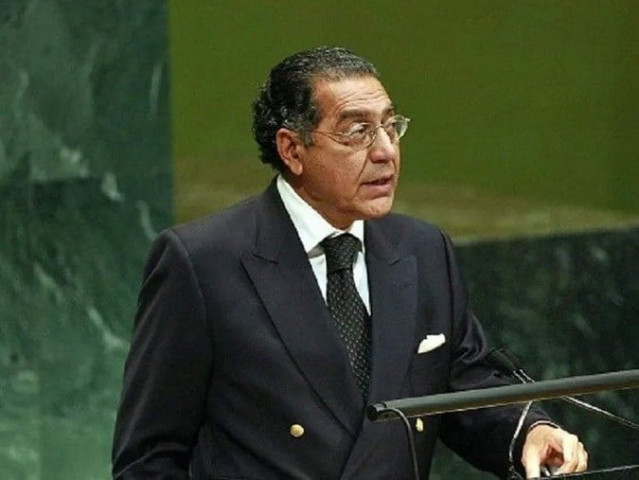More permanent members will not make UNSC democratic, accountable: Pakistan
Ambassador Akram says “more permanent members will compound Council’s inequality and dysfunctionality”

Adding new permanent members to the UN Security Council will not make the 15-member body more representative, democratic or accountable, said top Pakistani diplomat in the US on Tuesday, while advocating for expanding in the non-permanent category.
“More permanent members will compound the Council’s inequality and dysfunctionality,” Ambassador Munir Akram said, as the long-running Inter-Governmental Negotiations (IGN) aimed at enlarging the Security Council resumed, with the so-called group of four — India, Brazil, Germany and Japan — pushing for permanent seats at theh UN’s high table.
The Pakistani envoy warned against attempts of the aspirants of the Council’s permanent membership to try and railroad the process of reform, which he said must be agreed upon through negotiations.
“Pakistan is opposed to expansion in the permanent category along with veto,” Ambassador Akram declared, reiterating Islamabad’s principled position on restructuring the Security Council.
“Permanent membership contradicts the fundamental precepts of sovereign equality, democracy, representativeness and accountability," the Pakistani envoy said, adding that, “It is only through an expansion in the non-permanent category that the ideal of a comprehensive reform can be met.”
With that in view, Ambassador Akram said that the Italy/Pakistan-led Uniting for Consensus (UfC) group, which opposes adding any permanent members, has proposed 11 new elected members to the Council.
Full-scale negotiations to reform the Security Council began in the General Assembly in February 2009 on five key areas - the membership categories, question of veto, regional representation, size of an enlarged Security Council, and working methods of the council and its relationship with the General Assembly.
Despite a general agreement on enlarging the Council, as part of the UN reform process, member states remain sharply divided over the details.
The G-4 have shown no flexibility in their push for expanding the Council by 10 seats, with six additional permanent and four non-permanent members.
On the other hand, the UfC group has proposed a new category of members - not permanent members - with longer duration in terms and a possibility to get re-elected.
The Security Council is currently composed of five permanent members - Britain, China, France, Russia and the United States - and 10 non-permanent members elected to serve for two years.
In his remarks, Ambassador Akram said, “If progress is to be made in the Security Council reform process, it is only by searching for areas of agreement through painstaking discussions in the IGN and through sober consultations, mutual accommodation and innovative compromise.
“It cannot be railroaded by bullying and coercion,” he added.


















COMMENTS
Comments are moderated and generally will be posted if they are on-topic and not abusive.
For more information, please see our Comments FAQ